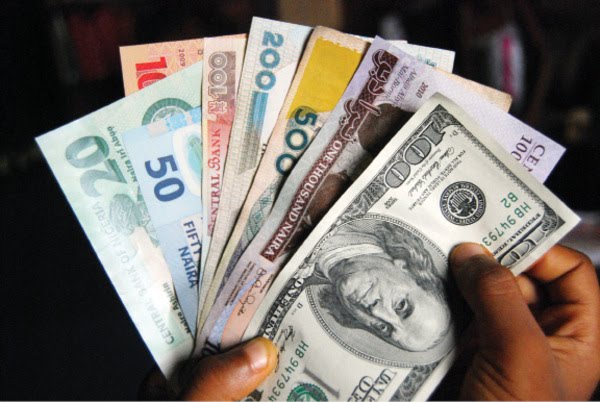FEMI TAIWO: WINNING A WRONG RACE

STRATEGY WITH FEMI TAIWO ON MONDAY
Michael is a first class chemical engineering graduate of Obafemi Awolowo University, Nigeria, and a PhD holder in same discipline from the University of Arkansas, United States. He works in a multinational energy giant in the United States.
There is a very cheap way to feel good. No, it does not involve drugs or alcohol. In fact, it doesn’t involve any tangible material or stimulant. It only requires a lazy exercise of the mind. What, you may ask. The answer is simple: Compare yourself with your less fortunate peers. When you see how far you have come, you feel good. When you compare how far ahead you are relative to some of your peers, you feel even better!
There is also an easy way to feel bad. And that is to compare yourself with your more successful peers. When you see the little distance you have covered, you feel bad. When you compare that with your more successful peers, you feel worse! How come I am here and they are there, way up there?! Surely, I am bad, very bad.
It is folly to compare one another. We all are running a different race. We are all headed to different places. It is conventional wisdom to compare apples to apples and not apples to, say, oranges. For humans, there is no basis for such comparison because everyone is unique. As our DNA is unique so is our calling, our gifts and our destinies. To look at another person as a standard is unwise. You are incomparable. That is not flattery; that is a fact.
A friend said it best: Your tithe is someone’s income, be grateful; your income is someone’s tithe, be humble. There will always be someone faster, younger, richer and smarter than you. And there will always be someone you are faster, younger, richer and smarter than. So comparing yourself with others changes nothing. It pumps or deflates the ego but serves no practical purpose.
I get that comparison can motivate us to get better. If, for instance, you know a friend aced a class, when studying for the same exam, you may be driven to study hard in order to at least match your friend’s achievement. Also, if you know the average performance expected in a role, you now have a target to aim for. Even for these examples of good uses of comparison, a healthy dose of caution is needed: what if you are not supposed to take the class? What if the only reason you took it is because a friend did? What if the role you are in is not for you? It’s sad to win a race only to discover it’s the wrong race.
It is wisdom to compare you to you. Are you improving? Are you getting more disciplined or less so? Are you breaking your own records? Set a target for yourself and reach for it. Be sad or happy about the result relative to what you believe you can achieve and not relative to others’ results. At the end of the day, you can only answer for one life: yours.
Established in March 2013, JarusHub is a Nigerian information hub with focus on career and management. It is rated Nigeria's most authoritative destination for online career resources. It parades an array of Nigerian professionals who share their career experiences with a view to bridging career information gap and mentoring a generation to success. Whether you're a student, a recent graduate or an established professional, or even an executive, you will always find something to learn on JarusHub. All enquiries to jarushub@gmail.com or 0808 540 4500. Facebook: www.facebook.com/jarushub; Twitter: @jarushub or @mcjarus.
Path to Big 4: Stream 11
April 4, 20245 Best Useful Applications Of AI in Modern World
November 17, 2023
Let us have your say by leaving a comment belowCancel reply
Recommended For You
-
Will I be Rich if I study International Relations in Nigeria?
October 6, 2017 -
4 TIPS TO SURVIVING HARSH ECONOMIC CONDITIONS
July 17, 2016 -
HOW TO SWITCH CAREERS
October 20, 2014





